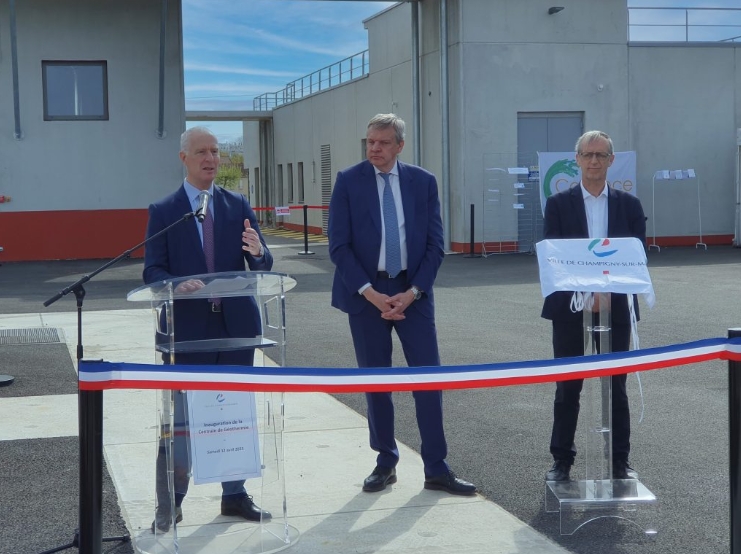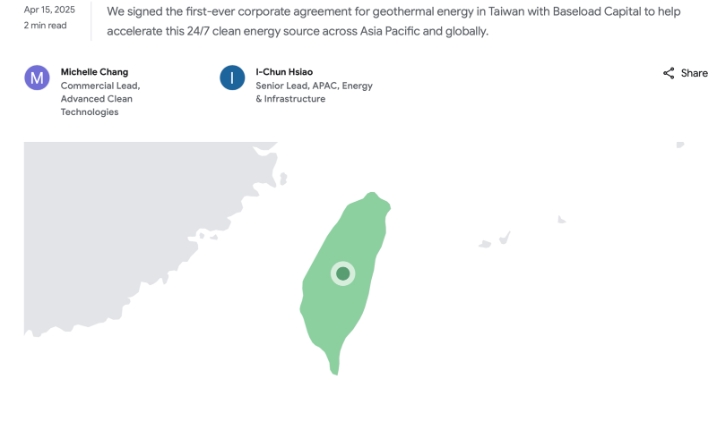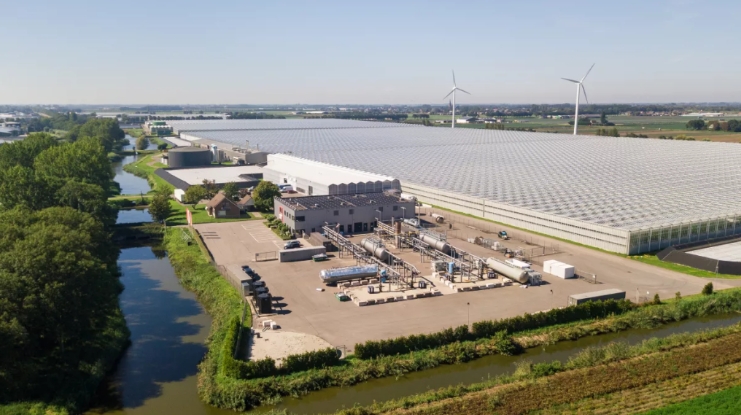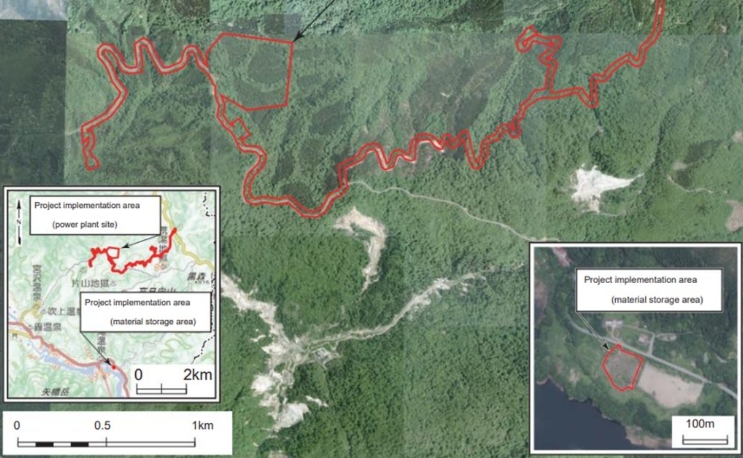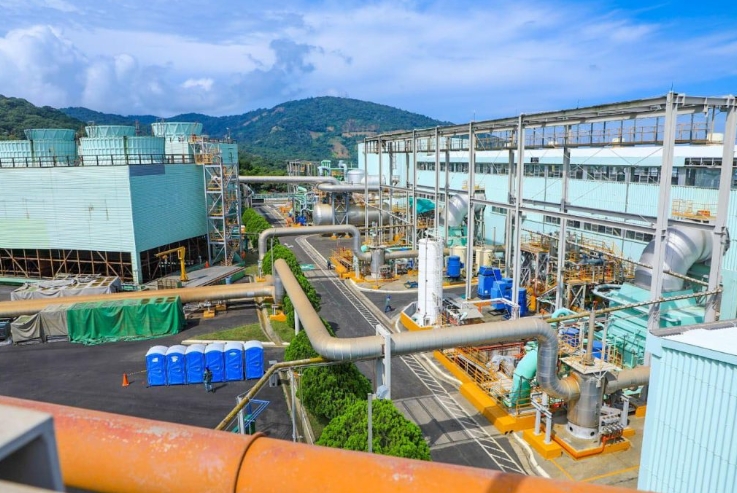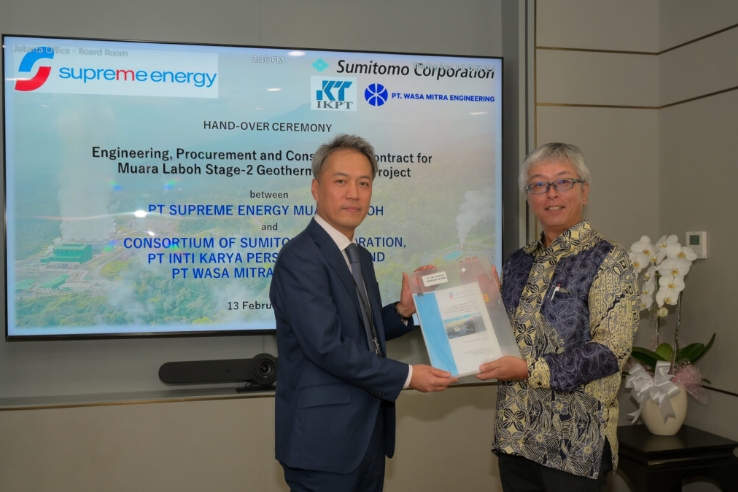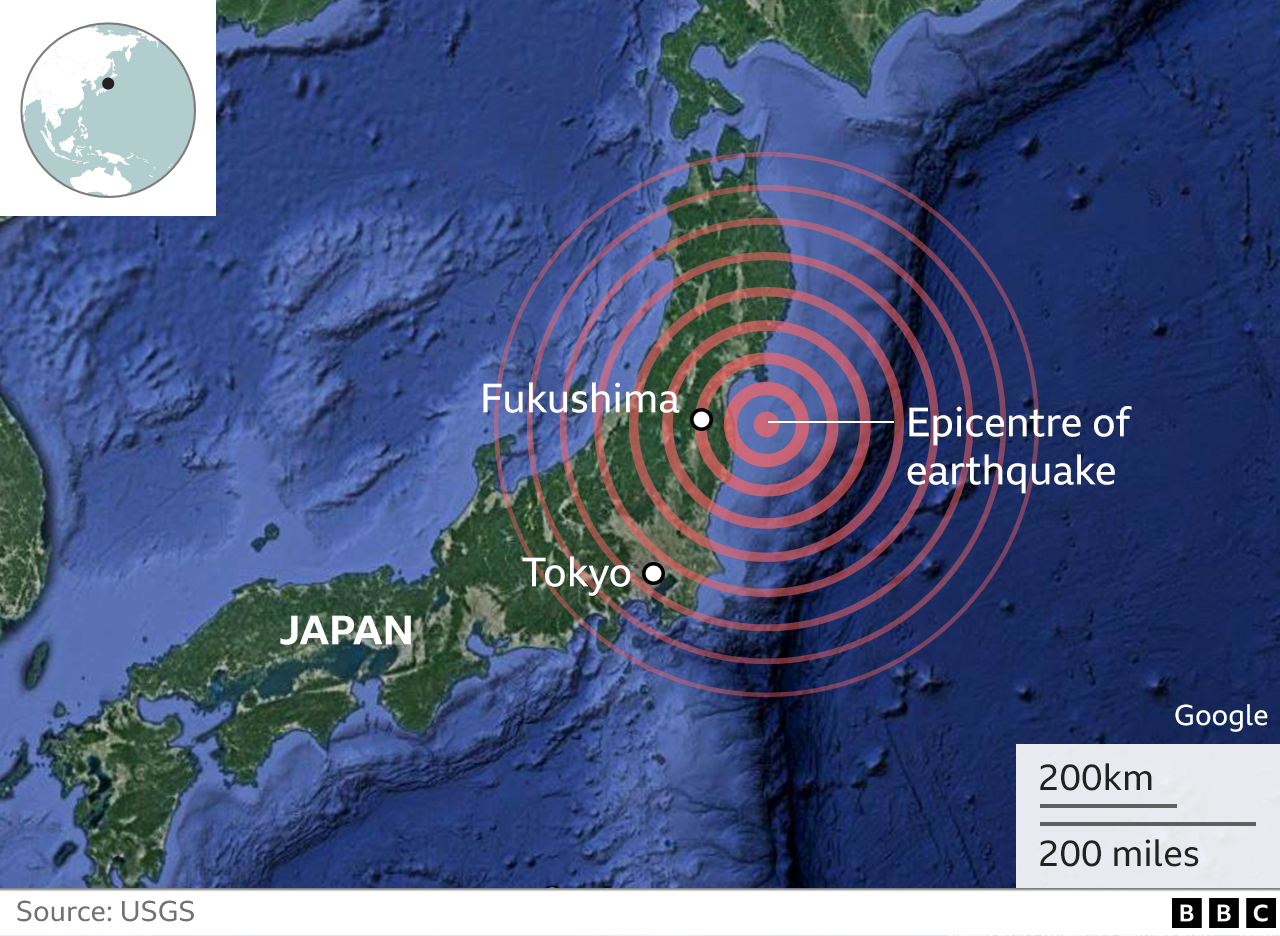
Japanese power and oil industry sources said March 17 that they are still assessing impact from the earthquake-led shutdowns of power plants and refineries on fuels and refined products as there's no clarity on when these facilities would restart.The power plant outages come at a time when Japan is still in the midst of the winter power demand season, with the northeastern region continuing to experience relatively cold weather. It also coincides with Japan's relatively low LNG stocks for power generation, should coal-fired power plant outages lead to a shift in demand to gas-fired power.
The 7.4 magnitude earthquake -- which was revised higher from 7.3 initially -- hit at a depth of 57 km -- which was revised lower from 60 km -- offshore Fukushima at 11:36 pm local time (1436 GMT) on March 16, with tsunami warnings issued initially in the northeast, but the alerts have been lifted, according to the Japan Meteorological Agency.
The strong earthquake resulted in the closure of at least 6.22 GW in combined generation capacity at 12 coal, gas and oil-fired power plants in northeastern Japan, power utilities said in filings to the Hatsuden Joho Kokai System, or HJKS.
The power plant outage is down to about 5.41 GW in combined generation capacity as of 11:30 am local time March 17, according to the HJKS information as well as information compiled by the Ministry of Economy, Trade and Industry.
Tohoku Electric's 523 MW No. 3-2 gas-fired unit at its Shin Sendai thermal power plant as well as ENEOS' unspecified refining units at its 270,000 b/d Negishi refinery in Tokyo Bay have been restarted following shutdowns in the wake of the earthquake as of 10:30 am local time March 17, according to company's spokespeople.
ENEOS has also restarted the 431 MW oil-fired power unit at its Negishi plant, METI said in its latest update.
Tohoku Electric's Shin Sendai 523 MW No. 3-1 gas-fired unit is also expected to be restarted March 17, METI said in its latest update on the earthquake impact.
Hitachi Zosen's 112 MW No. 3 gas-fired unit at the No. 1 Ibaraki plant is also likely to be restarted March 17 while Nippon Steel's 136 MW coal-fired unit at its Kamaishi thermal power plant is set to resume operations March 18, METI said.
Nippon Paper's 149 MW coal/biomass-fired unit at its Ishinomaki Hibarino power plant is also expected to restart March 20, according to METI.
Tohoku impact
In the wake of power plant outages caused by the earthquake in the Tohoku region, the Organization for Cross-Regional Coordination of Transmission Operators issued its second order March 17 for Tohoku Electric Power Network to receive up to 1 GW of electricity from other regional utilities over 6 am to 11 am local time to ensure sufficient supply.
The OCCTO had earlier ordered Tohoku Electric Power Network to receive up to 1.4 GW of electricity from other regional utilities over 2:30 am to 6 am local time to ensure power supply in the Tohoku region.
In an attempt to ensure its electricity supply, Tohoku Electric restarted 200 MW No. 3-6 gas-fired unit at the Higashi Niigata thermal power plant and the 50 MW No. 5-1 gas-fired unit at the Niigata thermal power plant, a company spokesperson said.
The earthquake shut Tohoku Electric's 1 GW No. 1 coal-fired unit at the Haramachi thermal power plant in Fukushima, as well as its No. 3-1 and No. 3-2 combined-cycle gas-fired units with a capacity of 523 MW each at the Shin Sendai thermal power plant.
It also shut JERA's No. 5 and No. 6 coal-fired units, with 600 MW capacity each, at the Hirono thermal power plant in Fukushima, as well as Fukushima Gas Power Co.'s No. 1 and No. 2 gas-fired units, with 590 MW each, the companies said in its filings to HJKS.
Japan Petroleum Exploration's Soma LNG import terminal in Fukushima has suspended operations following power outages, the company said.
The earthquake also shut Sendai Power Station's 112 MW coal-fired unit as well as Hitachi Zosen's 112 MW No. 3 gas-fired unit at the No. 1 Ibaraki plant and ENEOS' 431 MW oil-fired power unit at its Negishi plant in Tokyo Bay.
It shut Soma Kyodo Power Company's 1 GW No. 1 coal-fired unit at its Shinchi power plant in Fukushima as well as Nippon Steel's 136 MW coal-fired unit at its Kamaishi thermal power plant in Iwate and Nippon Paper's 149 MW coal/biomass-fired unit at its Ishinomaki Hibarino power plant in Miyagi, according to METI.
LNG stocks held by Japan's major power utilities rebounded 17% on the week from the current winter low to 1.72 million mt March 13, data released by METI showed March 16.
The rebound in the LNG stocks came after the levels dropped 18% on the week to 1.47 million mt March 6, falling below the previous low for this winter of 1.63 million mt on Feb. 6.
The earthquake triggered electricity outages at about 148,100 households in the Tohoku area and at nearly 2.085 million households in the Tokyo area, METI said.
The Tohoku electricity outage is down to 6,200 households, while the Tokyo area restored electricity at all of 2.085 million households as of 11:30 am local time March 17, METI said.
The earthquake had not resulted in any suspension of city gas supply, METI said.
Refinery outages
Japan's largest refiner ENEOS' 145,000 b/d Sendai refinery in the northeast and 129,000 b/d Chiba refinery in Tokyo Bay were shut following the earthquake, a company spokesperson said March 17.
There was an automatic shutdown across the refining units at ENEOS' Sendai plant due to the tremors, while all the refining units at the Chiba plant were shut as a result of power outages, the spokesperson said.
The refiner has now restarted the Negishi refining units that were shut due to the power outage, but unspecified units at its Kawasaki refinery remain shut, the spokesperson added.
ENEOS' waterborne and truck oil product shipments at its Sendai and Chiba refineries have also been suspended, and it was not clear when the services would resume, another company spokesperson said.
ENEOS, however, has resumed its waterborne and truck oil product shipments at its Negishi and Kawasaki refineries following suspensions as a result of power outages, the spokesperson said.
Meanwhile Idemisu Kosan, Cosmo Oil and Fuji Oil have maintained normal refining operations along with waterborne and truck oil product shipments in Tokyo Bay, according to company spokespeople.
